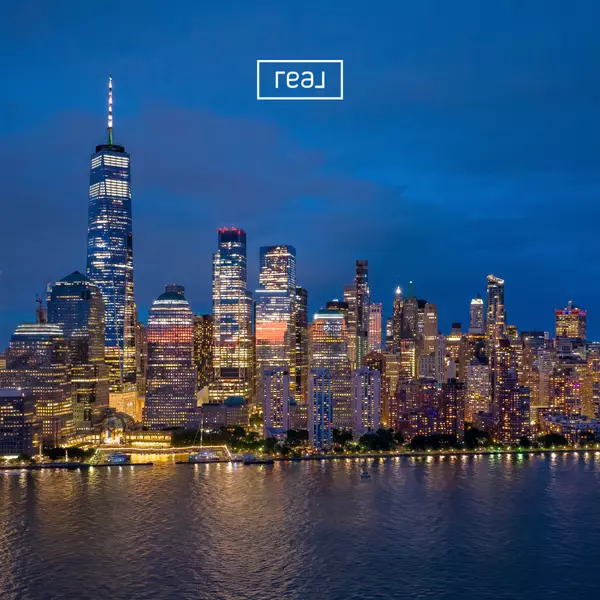Breaking Down the FARE Act: What It Means for New York City Renters and Landlords

Understanding the FARE Act: What Brooklyn Home Buyers and Sellers Need to Know
Navigating the New York City real estate market can be complex, especially when new legislation impacts how transactions are handled. One such law making waves is the FARE Act (Fairness in Apartment Rental Expenses Act), a crucial piece of legislation affecting renters, buyers, and sellers throughout NYC—particularly in Brooklyn. Whether you’re looking to buy your dream brownstone in Park Slope or sell a chic condo in Williamsburg, understanding the FARE Act can save you money and headaches.
What is the FARE Act?
The FARE Act NYC was introduced to create greater transparency and fairness in the rental process by shifting certain costs away from tenants. Traditionally, renters often bore the brunt of broker fees, which could total thousands of dollars—a significant barrier in a city where rental prices are already high.
With the FARE Act, landlords are now responsible for covering broker fees when they hire a real estate agent to represent their property. This shift means renters no longer need to shoulder those costs unless they opt to hire their own agent. This legislation aims to level the playing field, making it more affordable for tenants to secure housing in popular boroughs like Brooklyn.
Key Provisions of the FARE Act
- Broker Fee Responsibility:
- The FARE Act mandates that landlords must cover the costs of broker fees when they hire agents to list and show their properties. This reverses the previous norm where tenants often bore these costs, which could amount to thousands of dollars upfront
- Fee Disclosure Requirements:
- Landlords are now required to disclose all fees associated with a rental upfront, ensuring transparency in rental agreements. This aims to eliminate hidden costs and provide clarity for tenants before they commit to a lease
- Impact on Rent-Stabilized Units:
- Nearly half of NYC's rental units are rent-stabilized, where landlords cannot freely raise rents. The FARE Act helps ensure that these tenants are not burdened with additional broker fees, aligning with affordability goals for these units
Potential Effects on the NYC Rental Market
- Lower Upfront Costs for Renters:
- By shifting the financial responsibility for broker fees from tenants to landlords, renters could see a significant reduction in their upfront moving costs. This change may make renting more accessible, particularly for lower-income individuals
- Increased Rental Transactions:
- With reduced financial barriers, tenants may feel more empowered to move frequently, potentially increasing the turnover rate in the rental market. This could lead to a more dynamic market with greater availability of rental units
- Market Adaptation by Landlords:
- Landlords may respond to these changes by adjusting their rental pricing strategies. While some may raise rents to cover the costs of broker fees, others might find ways to absorb these costs without passing them on to tenants, especially in competitive neighborhoods
- Enhanced Accountability and Transparency:
- The law's requirement for clear fee disclosures is expected to foster greater accountability among landlords and brokers. This transparency can help build trust in the rental process and reduce disputes over unexpected charges
- Long-term Market Adjustments:
- Over time, as landlords adapt to this new landscape, there may be a shift in how real estate agents operate within NYC. The competitive nature of the market could lead to innovations in service delivery and pricing models among brokers
How Does the FARE Act Affect Brooklyn Real Estate?
For Buyers and Renters: If you're looking to rent or buy in Brooklyn neighborhoods like DUMBO, Bed-Stuy, or Crown Heights, the FARE Act could significantly reduce your upfront expenses.
-
Reduced Rental Costs: With landlords covering broker fees, renters can allocate their savings towards security deposits or moving costs.
-
Increased Market Transparency: Renters are now more likely to understand exactly what they’re paying for, fostering a more transparent rental process.
For Sellers and Landlords: Property owners in Brooklyn need to factor broker fees into their budgets, which could influence rental prices and listing strategies.
-
Competitive Listings: Landlords may need to adjust pricing strategies to stay competitive in a market where renters have more options.
-
Attracting Qualified Tenants: Covering broker fees can attract more potential tenants, leading to quicker occupancy rates.
Why Brooklyn Residents Should Pay Attention
Brooklyn’s diverse neighborhoods offer something for everyone—from the tree-lined streets of Carroll Gardens to the bustling cultural hubs of Bushwick. But with these vibrant communities comes fierce competition in the housing market.
-
For First-Time Buyers: Understanding the FARE Act can help you negotiate better deals and anticipate costs.
-
For Sellers: Staying informed about how the law affects your potential buyer’s budget can help you position your property more effectively.
Final Thoughts
The FARE Act NYC is reshaping the real estate landscape, and Brooklyn residents are at the heart of this change. Whether you're a renter saving on upfront costs or a landlord rethinking your listing strategies, this legislation offers both opportunities and challenges.
If you're considering buying or selling property in Brooklyn and want to navigate these changes with confidence, visit Brooklyn's best realtors. Our team of dedicated realtors is here to guide you through the complexities of the NYC market, ensuring you make informed, empowered decisions every step of the way.
Categories
Recent Posts










